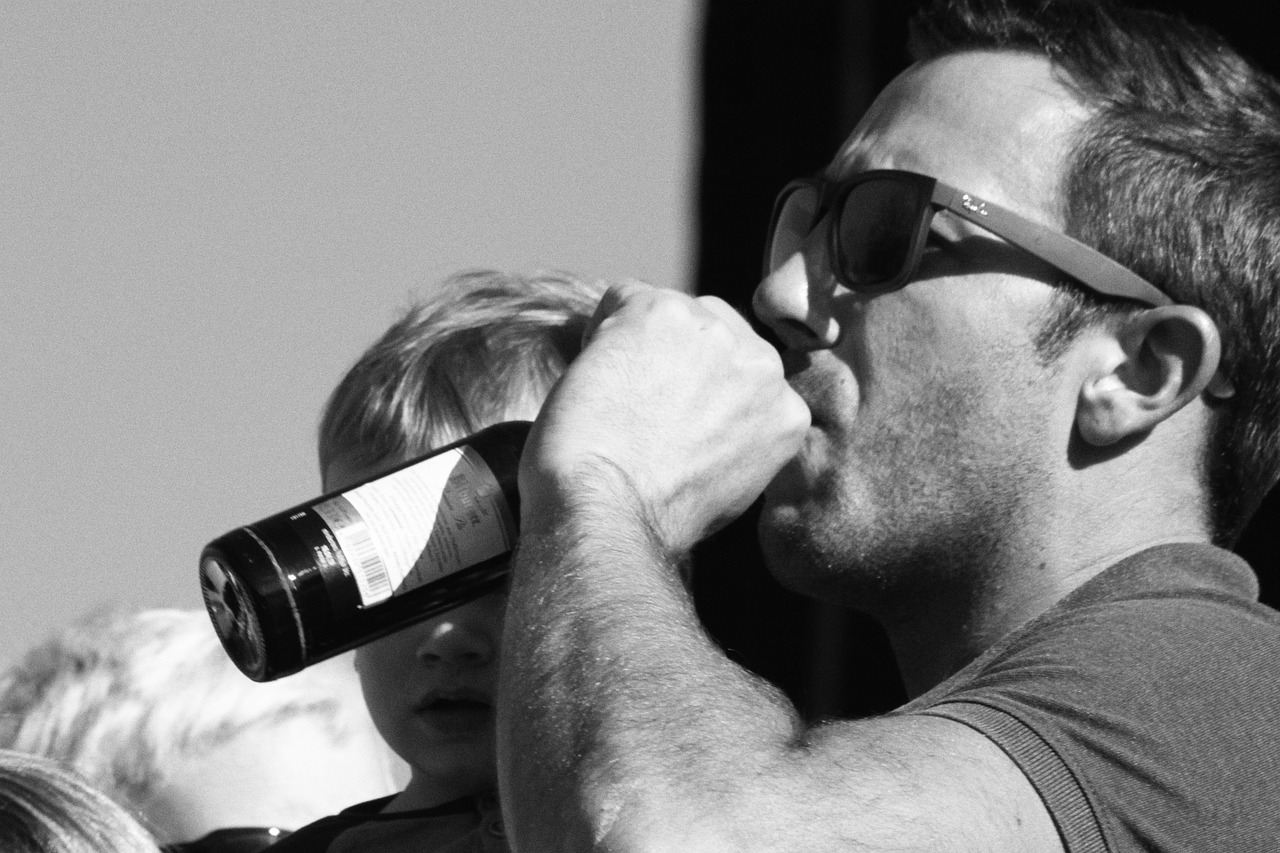It’s not unusual for people to use alcohol every once in a while. However, it’s an addiction when you can’t control or stop it. It becomes a problem when you start getting late or missing work because of a hangover, struggling in relationships with your loved ones, and spending more than you should on alcohol. To determine if you’re suffering from alcohol abuse, look for signs like being unable to control how much alcohol you take, unsuccessful attempts to quit, neglecting significant obligations, experiencing withdrawal symptoms, and more.
If untreated, alcoholism may result in mental problems, including anxiety, depression, bipolar disorder, and more. It also increases the risk of severe health issues such as liver disease, high blood pressure, digestive concerns, heart disease, and more. Here are signs you need alcohol rehab.
1. Health problems
Alcohol abuse significantly impacts your physical, emotional, and mental health. Heavy drinking causes liver and heart damage, various cancers, anemia, and nervous system problems. It can also worsen mental health problems, including stress, anxiety, and depression. If you’re experiencing health problems linked to alcohol abuse, it could be time to seek professional help. You can enroll yourself in a substance abuse recovery center for treatment and social support.
2. Neglecting major responsibilities
Alcoholism causes you to lose focus. You begin neglecting your responsibilities due to hangovers or excessive drinking. Your school or work performance may drop. You may even stop schooling or working altogether. Alcoholism may cause you to start lying to justify your change of behavior and unproductivity. Continued negligence may cause you to lose your job or be expelled from school.
3. Experiencing withdrawal symptoms
Withdrawal symptoms are a sign that you’ve become fully dependent on alcohol. Suppose you’ve been heavily drinking for a long while, cutting back or not drinking at all causes you to experience withdrawal symptoms, including headaches, anxiety, tremors, insomnia, fatigue, mood changes, heart palpitations, gastrointestinal issues, increased heart rate, and blood pressure, hyperthermia, hallucinations, seizures, and abnormal breathing.
The symptoms are usually severe in persons with chronic alcoholism. While you can take medication to reduce withdrawal symptoms, going to rehab reduces your chances of relapsing.
4. Unsuccessful attempts to limit or quit drinking
Limiting or quitting alcoholism can be difficult, especially with the withdrawal symptoms that accompany it. If you’ve unsuccessfully tried to stop drinking, it could be time to seek professional assistance. While you may join support groups for help, seeking rehabilitation services would be a better option because the recovery process is tailored to meet needs specific to you. Rehab provides you with the structure, safety, therapy, medical attention, and stability you need to manage your addiction and recover fully.
5. You’ve become alcohol tolerant
When you take alcohol for a long time, you may become tolerant to some of its effects. Once you develop alcohol tolerance, you have to increase your alcohol intake to get the same effect you would with fewer drinks. This contributes to alcohol dependence, organ damage, and alcoholism risk.
Alcohol tolerance may cause medication ineffectiveness and increase drug toxicity. If you or your loved one takes large amounts of alcohol without getting intoxicated, you could be at a greater risk of developing alcohol use disorders and medical complications.
6. Strong alcohol cravings
Alcohol cravings represent strong desires to drink and can happen at any time. At first, these cravings seem overwhelming, uncontrollable, and too strong to resist. However, they’re usually sudden, short-lived and predictable. Severe alcohol desires can interfere with your mental, physical and emotional health, strain your relationships and disrupt your work. To beat your cravings, know your triggers and stay away from them or find ways to manage them.
Create a busy schedule, including spending time with family and friends, exercising, and enjoying your hobbies. Practice meditation and mindfulness to help you lower your stress levels, control anxiety, reduce memory loss, increase attention span and reduce blood pressure. If your alcohol cravings are too strong to handle, seek rehabilitation to avoid succumbing to the urge.
7. Hiding or lying about alcohol consumption
If you find yourself hiding or lying about your alcohol consumption, it could be a sign that you’re struggling with addiction. Secret drinking is a practice among high alcohol tolerant alcoholics. Since they need to drink more to attain the desired effect, they secretly drink before social gatherings or events. Drinking alone isn’t a problem, but if you’re doing it to hide how much you drink, it could be a sign of hidden alcoholism. Going to rehab can help you fight this problem to return to sobriety.
Endnote
Alcohol abuse negatively impacts overall body health, and neglecting it may result in severe health problems. Look out for these signs to determine if you need rehab.

